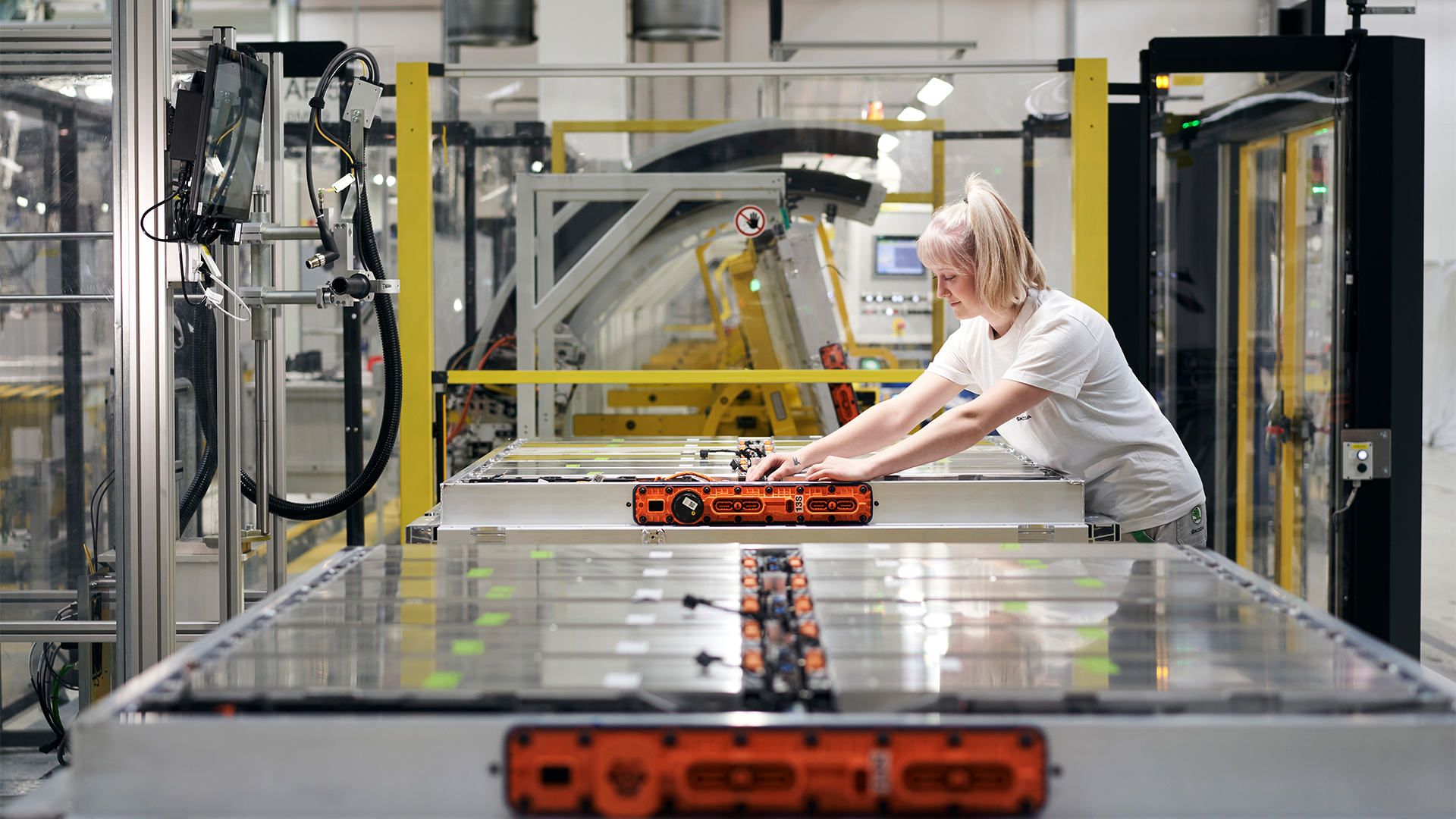Future EV batteries could contain wood chips thanks to this technological breakthrough
New Zealand start-up secures funding to push its patented biographite process forward


Although seen by many as a silver bullet solution to the world’s climate crisis, battery technology found inside modern EVs is actually not as wholesome as it first appears.
The bottom line is, both lithium and graphite make up a large percentage of their construction, and these materials either have to be mined (very bad) or synthetically produced using fossil fuels (also bad).
That could all change thanks to an $18 million investment in New Zealand start-up CarbonScape, which has been pushing its biographite technology for several years now.
Its patented process - precise details of which are clearly under wraps for many reasons - uses timber and forestry industry by-products, such as wood chips, to create the graphite required to meet the world’s demand for ever-more powerful lithium-ion battery packs.
According to Reuters, demand for graphite is set to outstrip supply within the next few years, so battery makers, the automotive industry and many more big businesses are keen to explore new avenues that don’t rely on tacky to obtain raw materials.
A battery made of wood?
CarbonScape told Power Technologythat biographite could produce enough raw material to meet half the total global projected graphite demand for electric vehicle and grid-scale batteries by 2030.
What’s more, it would negate the need to potentially open 100 new graphite mines (required to meet demand) and reduce the carbon footprint of each battery produced by almost one third - potentially reducing sector emissions by more than 86 million tonnes of CO2 per year by 2030.
Get all the latest news, reviews, deals and buying guides on gorgeous tech, home and active products from the T3 experts
Stuffing batteries with wood shavings is not the way forward (don’t try it at home), but using this natural by-product to generate the graphite required to make up approximately 30% of all new EV battery packs is said to have a carbon negative impact on the environment.
CarbonScape says it will use the hefty investment to bring biographite "to market on a commercial scale" and to help establish "localised battery supply chains", rather than relying on import from mined sources or the synthetic production that requires the use of harsh chemicals and fossil fuels.
Leon has been writing about automotive and consumer tech for longer than he cares to divulge. When he’s not testing the latest fitness wearable and action camera, he’s out in a shed fawning over his motorcycles or trying not to kill himself on a mountain bike/surfboard/other extreme thing. He's also a man who knows his tools, and he's provided much of T3's drills coverage over the years, all without injuring himself.
